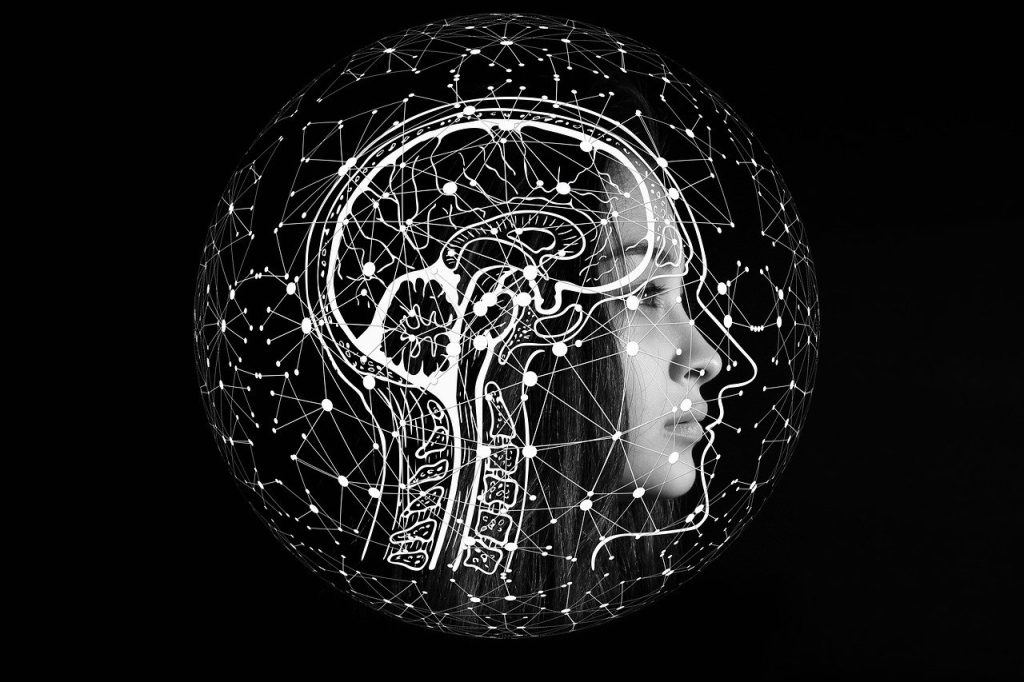In the contemporary era, the rapid advancement of technology has become a catalyst for transformative changes across various sectors, with governments worldwide increasingly recognizing the potential of Artificial Intelligence (AI) in reshaping governance. AI, a branch of computer science that aims to create intelligent machines capable of mimicking human cognitive functions, has the potential to revolutionize the way governments operate, delivering more efficient, transparent, and citizen-centric services. This essay explores the multifaceted benefits of harnessing AI for government digitization and the challenges that may arise in this transformative process.

Enhanced Efficiency and Productivity:
- AI can streamline bureaucratic processes by automating routine tasks, reducing the burden on government officials and enhancing overall efficiency.
- Intelligent algorithms can analyze vast datasets quickly, allowing for data-driven decision-making and policy formulation.
- Automation of administrative processes can significantly reduce the time and resources required for routine tasks, enabling governments to allocate resources more strategically.
Improved Citizen Services:
- AI-driven chatbots and virtual assistants can enhance citizen interactions, providing real-time support and information.
- Personalized services can be developed using AI, tailoring government interactions to the unique needs and preferences of individual citizens.
- Predictive analytics can anticipate citizen needs, enabling proactive service delivery and issue resolution.
Data-Driven Governance:
- AI facilitates the analysis of large datasets, providing valuable insights for evidence-based policy-making.
- Predictive modeling can help governments anticipate and mitigate challenges, from traffic management to public health crises.
- Enhanced data security measures, including AI-powered threat detection, can safeguard sensitive government information.
Transparency and Accountability:
- AI can enhance transparency by providing citizens with access to information and decision-making processes.
- Blockchain technology, often integrated with AI, can create immutable and transparent records, reducing corruption and ensuring accountability.
- Automated auditing and monitoring systems can detect anomalies and irregularities in government operations.
Challenges and Considerations:
- Ethical concerns related to bias in AI algorithms need to be addressed to ensure fair and equitable service delivery.
- Data privacy concerns must be carefully managed to maintain public trust and confidence.
- Adequate training and upskilling programs are necessary to equip government personnel with the skills required to manage and oversee AI systems.
In conclusion, harnessing the power of AI for government digitization presents an unprecedented opportunity to revolutionize governance, enhancing efficiency, transparency, and citizen services. As governments embark on this transformative journey, it is crucial to address ethical considerations, privacy concerns, and invest in the necessary training and infrastructure. The successful integration of AI into government operations has the potential to create a more responsive, citizen-centric, and forward-thinking governance model, ultimately benefiting societies on a global scale.

